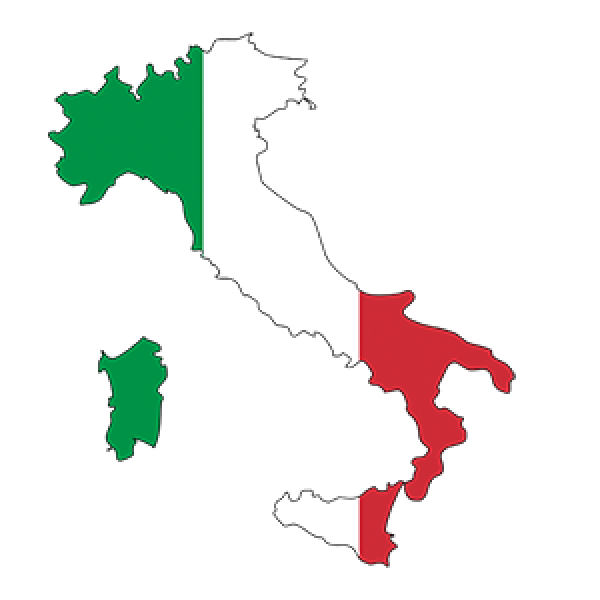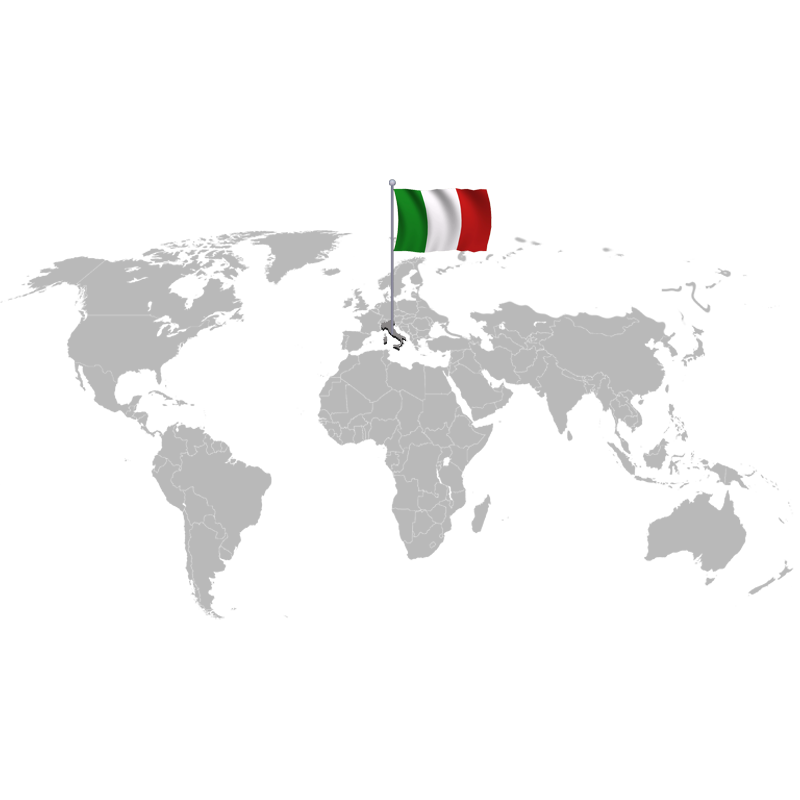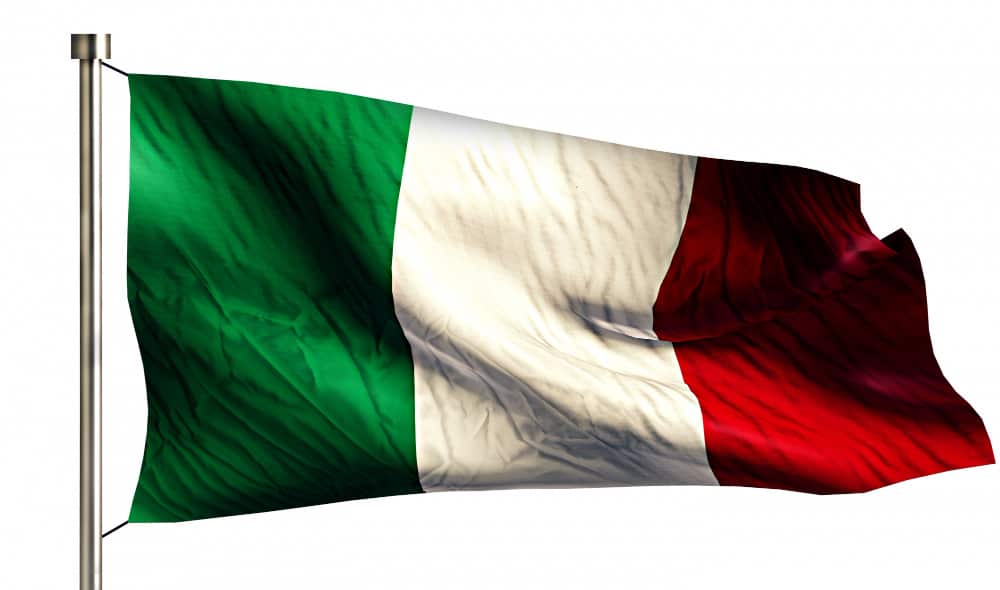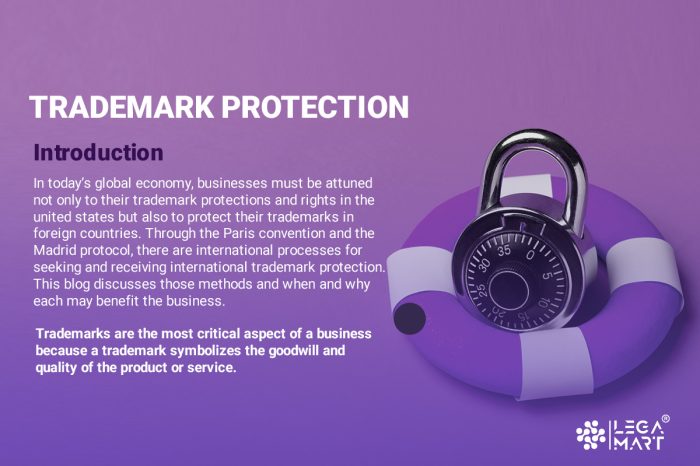Italy
We represent clients from all around the world in Italy every year. We see the globe as having no borders and are unafraid of language hurdles or time zones.


LegaMart Lawyers in Italy
Legal Industry in Italy

Articles about Law in Italy
FACiLaw
- December 24, 2022
Tell us more about your problem.
Please give a brief description about what it is you need to talk to our lawyers about ?
Most common legal demands in Italy
Legal Market Overview in Italy
In Italy, the legal market is largely governed by the country’s civil law system, which is based on the Roman law tradition. The legal profession in Italy is regulated by the Italian Bar Association (Consiglio Nazionale Forense) and is comprised of both solicitors (avvocati) and barristers (avvocati cassazionisti).
The Italian judiciary is divided into three main branches: the ordine giudiziario (judicial branch), the ordine amministrativo (administrative branch), and the ordine contabile (auditing branch). Within the judicial branch, there are several levels of courts, including magistrate’s courts, district courts, and appeal courts. The Supreme Court of Cassation (Corte Suprema di Cassazione) acts as the final court of appeal for all civil and criminal cases.
In terms of jurisdiction, Italy is divided into 20 regions, each with its own administrative structure and local government. In addition to the regional authorities, there are also national government bodies responsible for specific areas of law, such as the Ministry of Justice, the Ministry of Interior, and the Ministry of Foreign Affairs.

Overall, the legal market in Italy is highly competitive and diverse, with a wide range of law firms and legal professionals offering services across a broad spectrum of practice areas. Despite ongoing economic challenges, Italy remains an important center for international business, making it an attractive location for legal practitioners looking to work with clients from around the world.

Frequently Asked Questions
How many categories of lawyer are there in your jurisdiction?
There is only one category of lawyer in Italy (avvocato/avvocatessa). Lawyers can carry out the full range of legal work including conducting litigation and appearing in court.
Lawyers are under a duty to:
- Protect the right to liberty, as well as the inviolability and effectiveness of the right to representation.
- Ensure that trials and hearings conform to proper procedures.
- In the practice of their profession:
- ensure that laws conform to the principles of the Constitution and to EU Regulations;
- ensure that those principles, as well as those in the European Convention on Human Rights, are respected for the protection and in the interest of the assisted party.
What stages of legal education must be completed to qualify as a lawyer in your jurisdiction?
The candidate lawyer must complete a five-year Master’s Degree (Laurea a ciclo unico Magistrale in Giurisprudenza) and then must pass the Italian Bar examination (Bar exam) (esame di abilitazione all’esercizio della professione forense).
After passing the Bar exam and registering with the regional Bar Council (Consiglio dell’Ordine degli Avvocati), an Italian attorney can legally practice Italian law anywhere in Italy, not only in the geographical area where the Bar exam was passed.
Is there a register of qualified lawyers and, if so, how can it be accessed?
Each regional Bar Council must maintain a publicly available register of lawyers in its district.
There is also a national register, which is held by the CNF (https://www.consiglionazionaleforense.it/ricerca-avvocati).
Is indemnity insurance mandatory for practising lawyers? If so, what is the minimum level of cover required and are there any mandatory terms?
The lawyer, the association or the professional society must stipulate, autonomously or through conventions subscribed by the CNF or local bar councils, associations or other legal bodies, an insurance policy to cover risks deriving from the exercise of the profession, including those incurred through the supervision of documents, sums of money, securities and other assets received on deposit by clients (Article 12, Legal Profession Law).
The essential conditions and the minimum limits of such insurance policies are established and updated every five years by the Minister of Justice, after consultation with the CNF.
How are legal fees regulated? Is there a tariff system?
The remuneration of the legal professional is generally agreed in writing at the time of the assignment.
Fees can be agreed as follows:
- On a time basis.
- As a lump sum.
- By agreement on one or more matters.
- On the basis of the fulfilment and timing of the service.
- For individual phases or services or for the entire activity.
- As a percentage of the value of the business or on what benefit is expected to be received, in financial or other types of assets.
Law Decree 55/2014 (as amended from time to time) governs level of fees for professional services when at the time of the appointment or subsequently the compensation has not been determined in writing, where there is a disagreement over the fees, in cases of liquidation as well as performance in the interest of third parties or official services provided for by law.
How is the holding of client funds regulated?
A lawyer must diligently administer any money received from the assisted party or from third parties for the execution of the professional activity, or the money received on behalf of the assisted party, and must account for such sums promptly. In addition, a lawyer must not keep any sums received on behalf of the assisted party longer than strictly necessary, without the consent of the latter.
In the case of fiduciary deposits, a lawyer must request written instructions and adhere to them. The breach of this duty will lead to the enforcement of censure as disciplinary sanction (see Question 16).
Are there rules on money laundering affecting the legal profession? Is there any overriding body in your jurisdiction that provides anti-money laundering (AML) supervision in the legal sector?
The Bar Council and the other professional associations are requested to promote and check, in general, knowledge of and compliance with the Anti-Money Laundering Regulations. The Minister of Justice supervises the control of the Bar Council in this respect. The central authority to report is Italian Financial Intelligence Unit (Unità di Informazion Finanziaria per l’Italia) which is part of the Bank of Italy. The regulator is the Ministry of Treasury (Ministero dell’Economia e delle Finanze).
On 20 September 2019, the CNF published standards (CNF Standards) and guidelines (CNF Guidelines) with regard to the risks related to money laundering and terrorist financing. Under these rules, lawyers are required to obtain the following client identification (ID) details:
- Natural persons:
- complete personal details (name, surname, place and date of birth, residential address or legal residence and, where applicable, Italian tax code) and copy of a valid ID document (for example, ID card, passport or any other valid photo ID document with an official stamp/equivalent of a government department/body);
- where the services are given on behalf of a third party, the complete personal details and the copy of a valid ID document of the beneficial owner;
- employment or professional activities performed (and, if applicable, also complete details of the employment or professional activities performed by the beneficial owner).
- In all other cases:
- registered name;
- registered office;
- company number and VAT number;
- personal details and copy of a valid ID document of an authorised signatory (natural person authorised to act on behalf of the company);
- ID evidence of the authorised signatory, together with evidence to confirm their representative powers;
- personal details and copy of an ID document of the ultimate beneficial owner(s).
- ownership chart (showing controlled and controlling entities).













